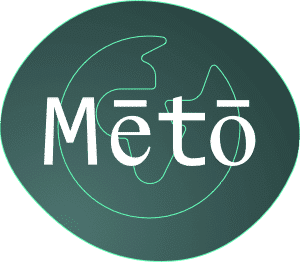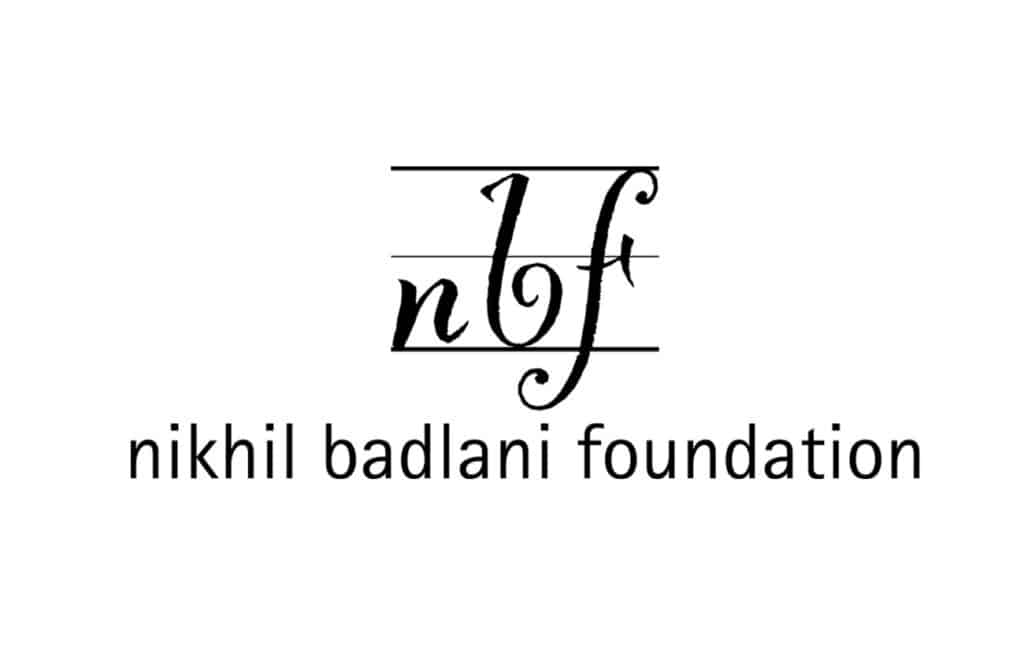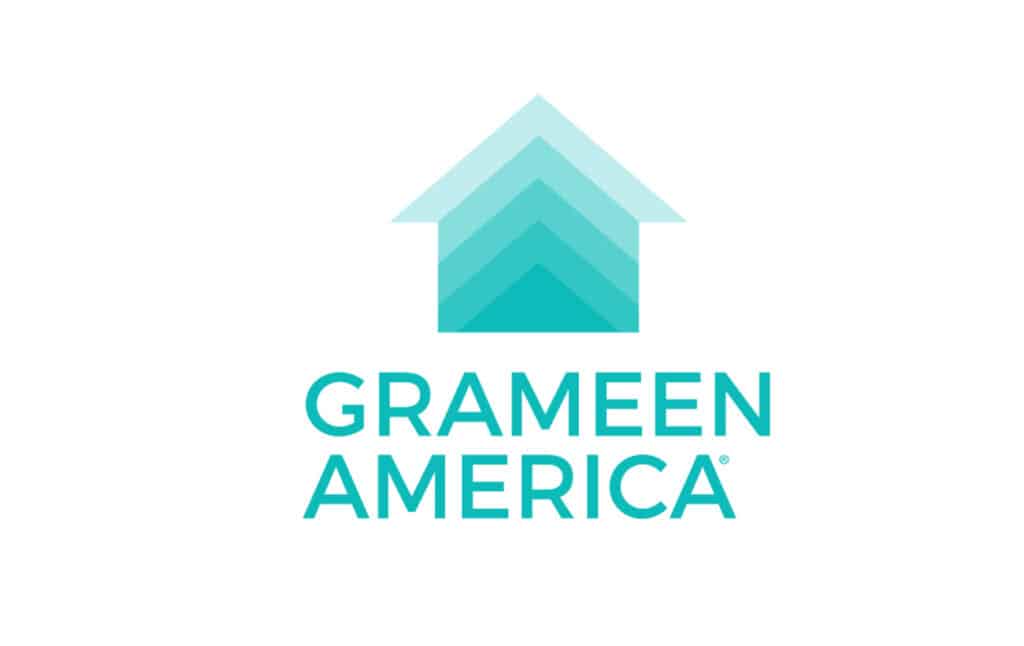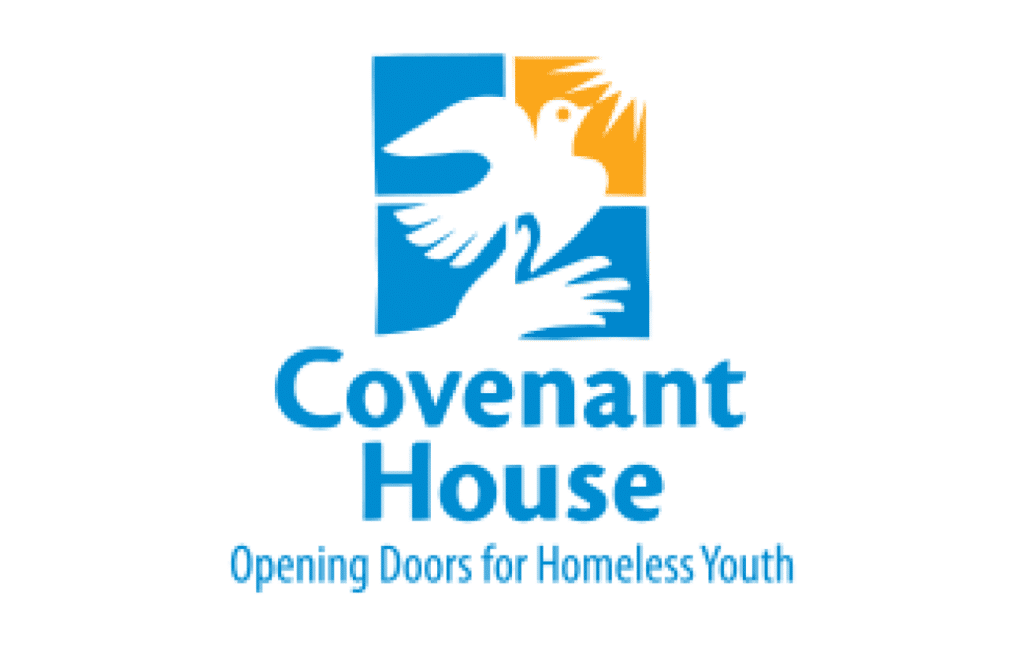by Unni Kurup, Director of Client Consulting, Theorem
According to Statista, global data creation is expected to surpass 180 zettabytes by 2025. It’s become increasingly necessary for organizations to effectively process this abundance of data. So the question then becomes: what is unified data and why is it important in an increasingly data-driven world? Simply put, data unification is merging fragmented data sources into a single, unified view. In this blog, we’re going to give you an overview of data unification and how it can be used to boost cross-team results.
What is Unified Data?
The Negative Impacts of Siloed Data
In today’s data-driven world, businesses and organizations rely heavily on data to make informed decisions. However, when data is inaccessible to other departments or teams, it can have several negative impacts. Below are some of the many downsides to siloed data that you should be aware of. Understanding these consequences can help you guide your team towards a more productive solution to data storage in unified data.
Discourages collaboration
Data siloes influence company culture, and not sharing data causes teams to function independently rather than collectively. Working together can be more effective when processing data. If departments don’t collaborate, then they feel like they must work on their own, which in turn creates a reluctance to share data, continuing this destructive cycle.
Incomplete Data Sets
Team members can be prevented from accessing essential data due to data siloes. In turn, team members may make flawed decisions because they’re based on a limited perspective.
Inconsistent Data
Inconsistent data can be a problem for organizations as it leads to a lack of accuracy and reliability in an organization’s data. This may in turn affect decision-making processes and ultimately result in wasted time and resources. Inconsistent data can also lead to mistrust among stakeholders and harm the organization’s reputation.
The Benefits of Unified Data
A survey conducted by Forbes found that 95 percent of businesses have to manage an abundance of unstructured data. Unified data can lead to numerous benefits that can improve an organization’s operations and overall success. With data playing a vital role in business and marketing efforts today, it’s essential to be aware of how your organization can prosper if they adapt and make the necessary changes.
Improved Cross-Team Collaboration
Unifying data is known to improve cross-team collaboration. This is because making the data accessible for every department means each team can work together with the same sets of data, rather than have bits and pieces of the puzzle. Being able to approach a problem from the same starting point in turn makes it easier for separate departments to share ideas and work towards a common goal. Inversely, when data is stored in silos it can lead to an organization becoming disjointed. Various departments may attack the same problem with limited resources and come to the same conclusion, which ultimately wastes valuable time and energy.
Increased efficiency and productivity
With data stored in a single location, employees no longer have to spend time searching for information across multiple systems, which can be time-consuming and frustrating. This can lead to significant time savings and increased productivity, allowing employees to focus on more value-added tasks.
Improved decision-making
By having access to accurate, up-to-date data, organizations can make informed decisions quickly and confidently. This can help reduce risk, boost agility, and drive better outcomes, ultimately contributing to the organization’s success and longevity.
Better customer experience
With all customer information stored in a centralized location, organizations can better understand their customers’ needs and preferences. This can lead to more personalized experiences, improved customer satisfaction, and increased loyalty.
Steps to Implement Unified Data
Data unification can be a daunting task, but with a structured approach, organizations can successfully unify their data and reap the benefits. Here are some steps that organizations should consider when implementing unified data.
Understand the Current Data Landscape
This involves identifying where your data is currently stored, what data exists, how it’s gathered, and who is responsible for it. Understanding the current state of data can help organizations identify potential roadblocks and plan a roadmap for unifying data.
Establish Data Governance
This involves creating policies and procedures for data management, such as data quality standards, data security protocols, and data privacy policies. It is important to have a data governance framework in place to ensure that data is managed consistently across the organization.
Implement a Data Management Platform
This involves selecting a platform that can integrate with various data sources and provide a single source of truth. A data management platform can also provide data cleaning and transformation capabilities, which can help organizations ensure that data is accurate and consistent.
Build Data Literacy Across the Organization
This involves educating employees on the importance of data and providing training on how to access and use unified data. By building data literacy across the organization, organizations can ensure that employees are equipped to make informed decisions and leverage the benefits of data unification.








